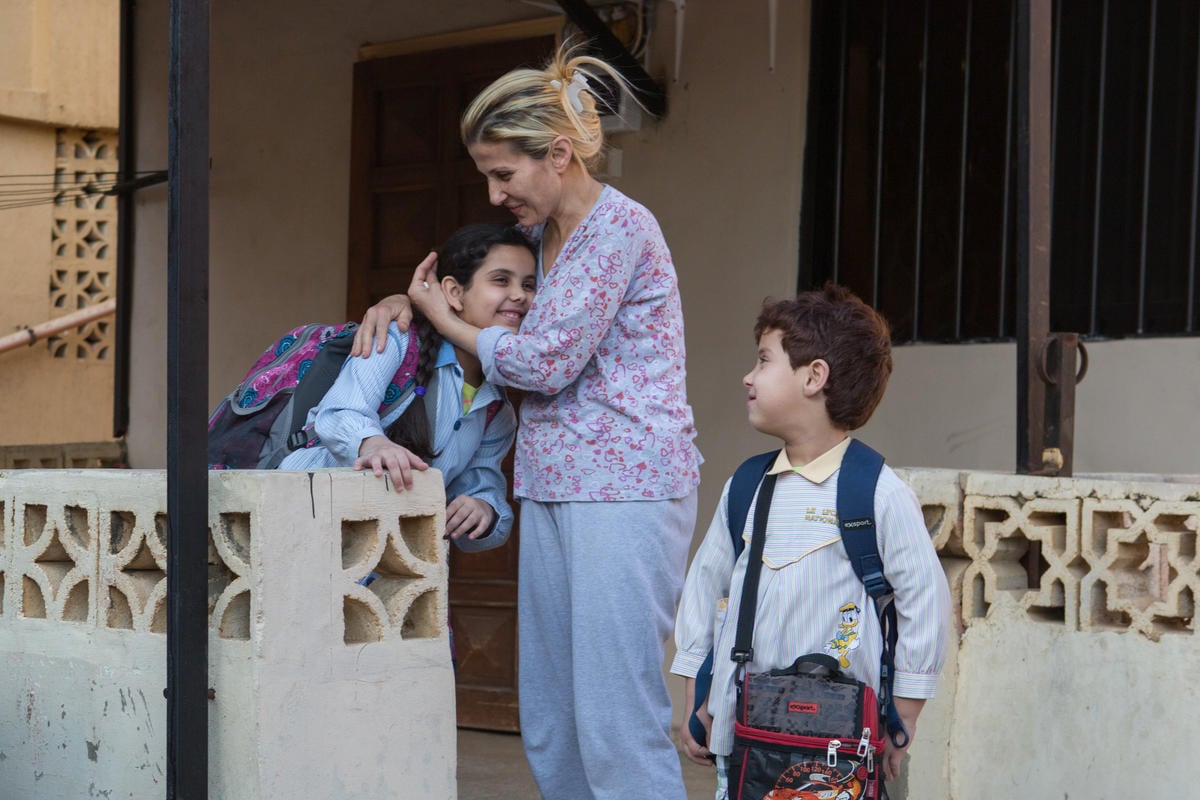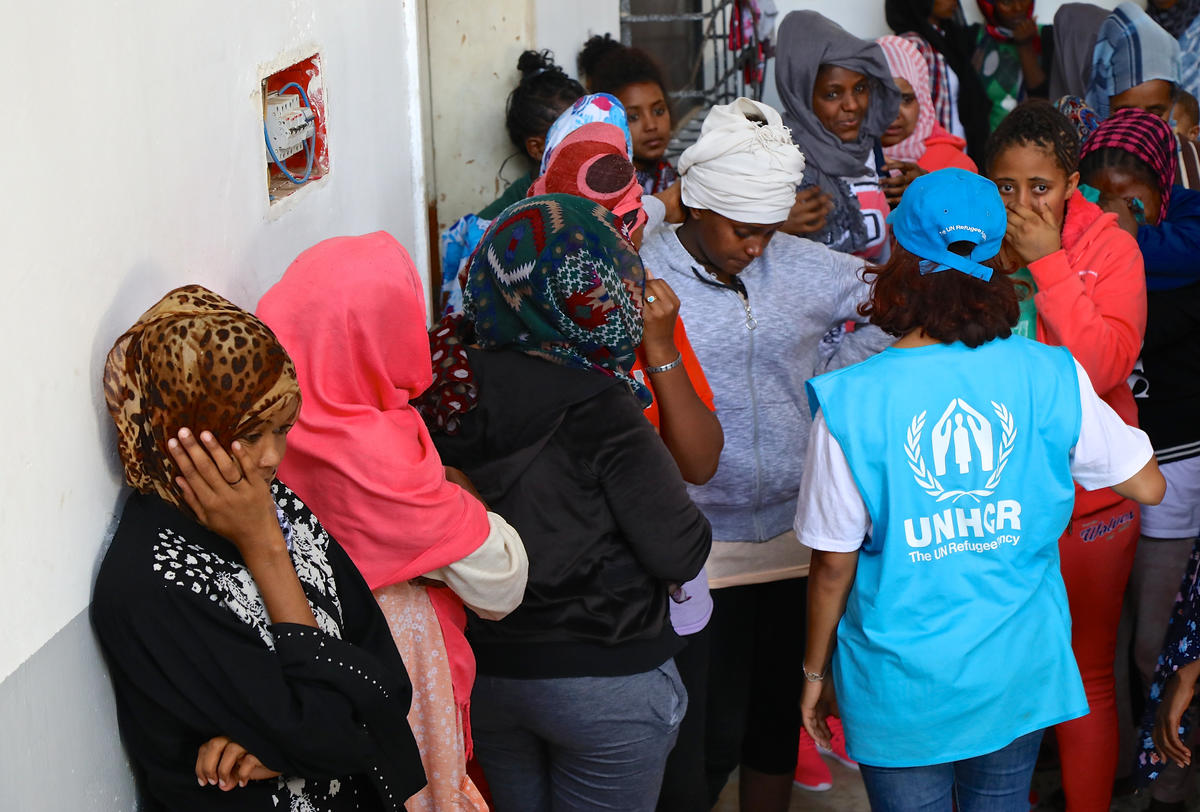UNHCR condemns deportation of Uzbek asylum seekers from Ukraine
UNHCR condemns deportation of Uzbek asylum seekers from Ukraine

GENEVA, Feb.16 (UNHCR) - The UN refugee agency said it was appalled to discover that 11 asylum seekers from Uzbekistan had been forcibly deported back to their home country by the Ukrainian authorities this week and is seeking urgent clarification and further information on the fate of the deportees.
The deportation on Tuesday night followed an extradition request by the Uzbek prosecutor's office alleging involvement in the civilian protests in Andijan on 13 May, 2005, which ended violently.
"We deplore this action, which the authorities carried out in contravention of their international obligations," said Pirkko Kourula, Director of UNHCR's Bureau for Europe.
UNHCR is extremely concerned for the safety of the deportees.
Nine of the Uzbeks had earlier registered their asylum claims with the Ukrainian authorities in Crimea and received official certificates confirming their status as asylum seekers. The other two had also expressed their intention to claim asylum through a UNHCR partner but had not yet received the official documents to complete.
On Wednesday afternoon, UNHCR learned from media reports that the detained Uzbeks had been deported during the night of 14-15 February. The 11 men are now presumably in the custody of the Uzbek authorities.
Details of the situation are still emerging. On 7 February, UNHCR learned that 11 Uzbek asylum seekers had been arrested in two different locations in Crimea by armed and masked Ukrainian security agents.
The Ukrainians confirmed the asylum seekers had been taken to a detention facility in Simferopol after the authorities received requests for their extradition from the Prosecutor's Office of Uzbekistan, alleging involvement in events in Andijan the previous year.
UNHCR immediately wrote to the Ukrainian authorities, and wrote again on 14 February, requesting official guarantees that no asylum seeker would be forcibly returned unless they had been determined not to be in need of international protection following full and fair asylum procedures, including the right to appeal. UNHCR also requested access to the detained Uzbeks.
Being the subject of an extradition request does not remove an asylum seeker or refugee from international refugee protection. UNHCR insists that the principle of non-refoulement, under which no refugee can be forcibly returned to their country of origin, must be adhered to. Refoulement is a violation of the 1951 UN Refugee Convention to which Ukraine is a signatory, and it is also contrary to international customary law. It would also be a breach of the UN Convention against Torture to send persons back to countries where they may face torture.
Refoulement is also specifically prohibited under Ukrainian national law.
In addition to seeking urgent clarification from Ukraine on the events surrounding the deportation, UNHCR also sought assurances that in the future, asylum seekers from any country will be treated in full respect of Ukraine's international and national legal obligations.
UNHCR remains concerned about the fate of four Uzbek refugees who remain in detention in Kyrgyzstan months after they were arrested following an extradition request from the Uzbek government. The refugee agency is calling on the Kyrgyz government to refrain from any action aimed at forcibly returning these four refugees to Uzbekistan.
The UN refugee agency is also following closely the cases of 13 Uzbek asylum seekers in the Russian Federation.








